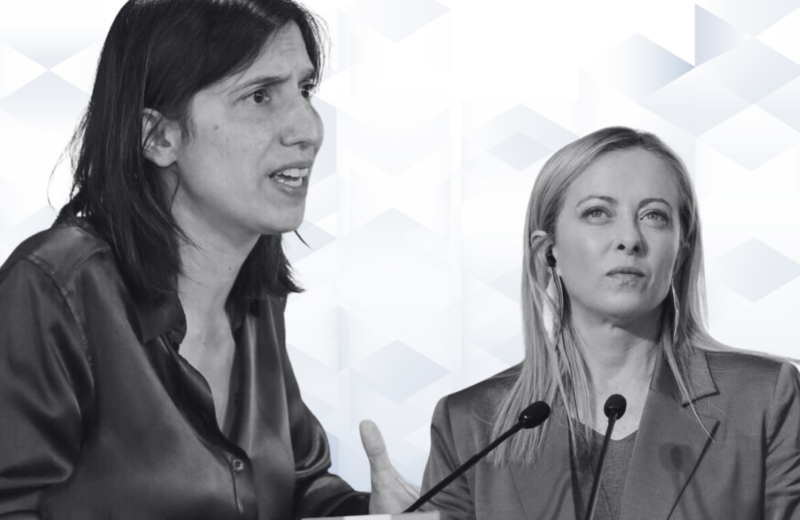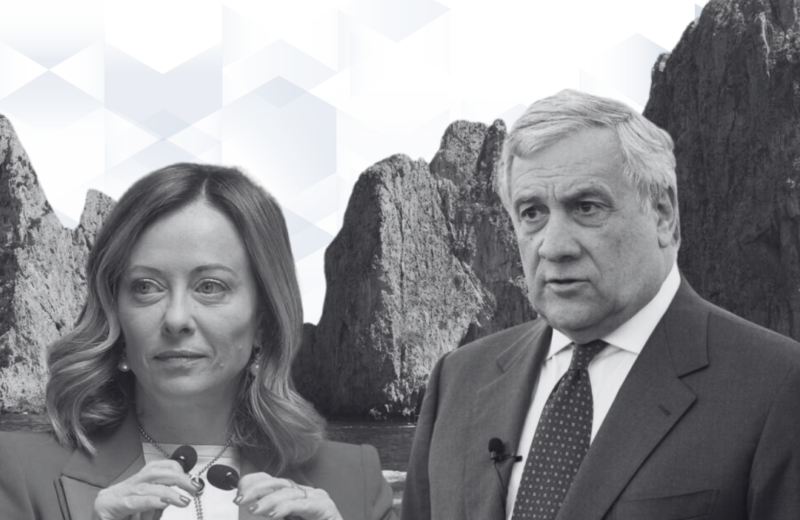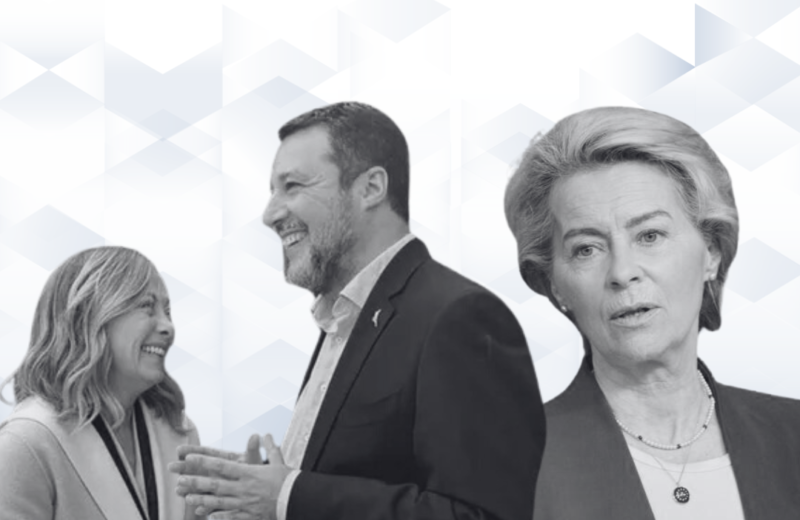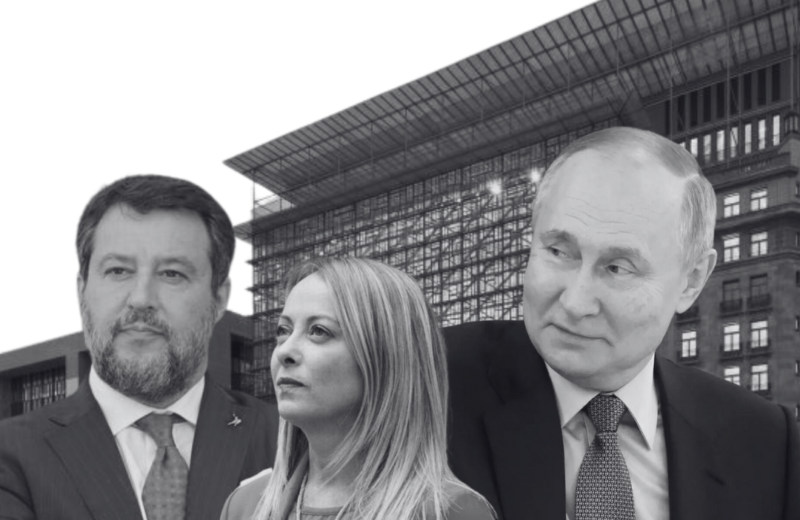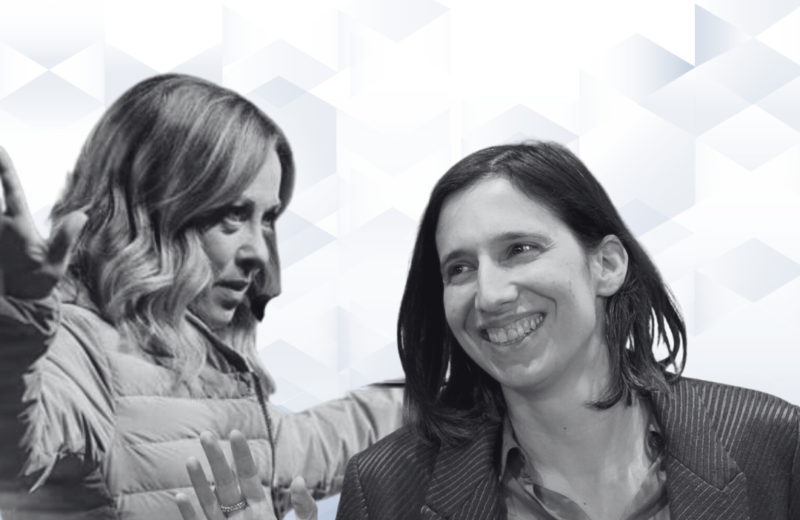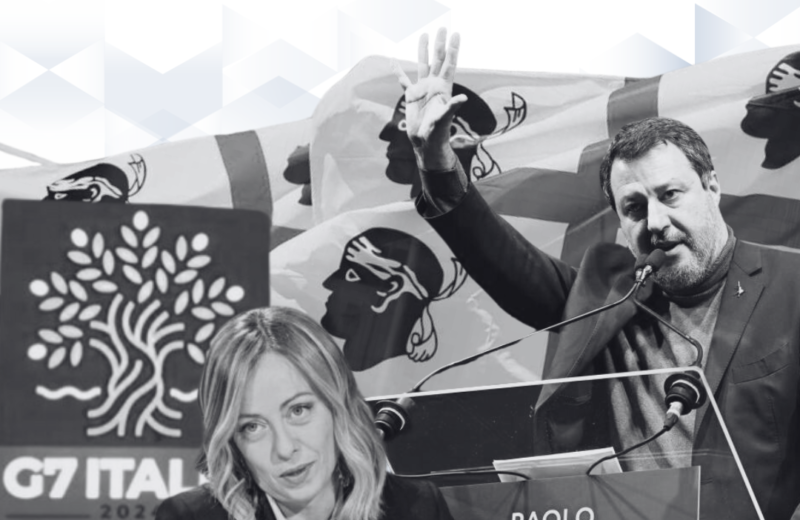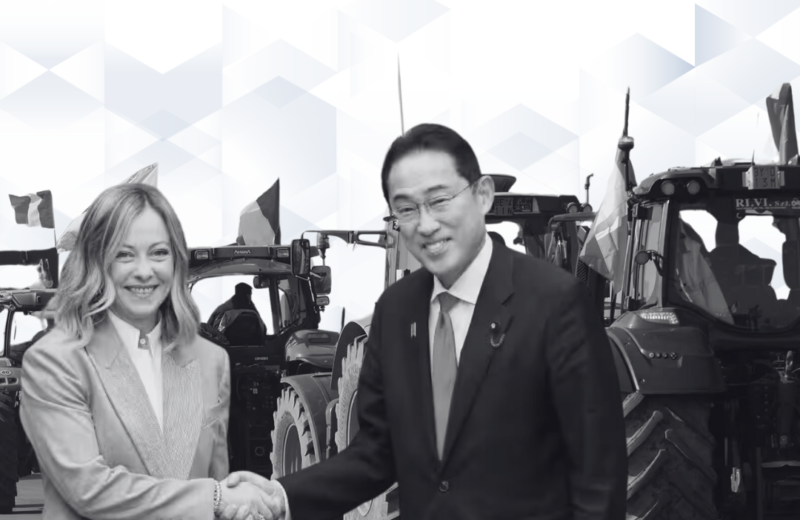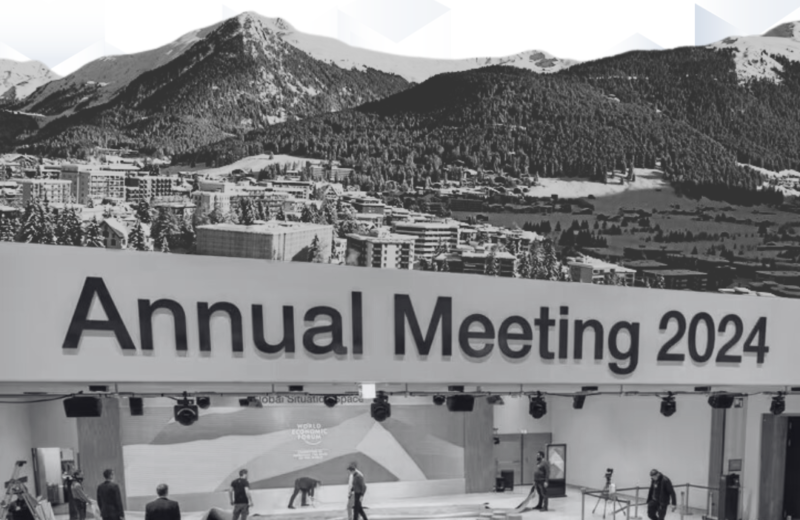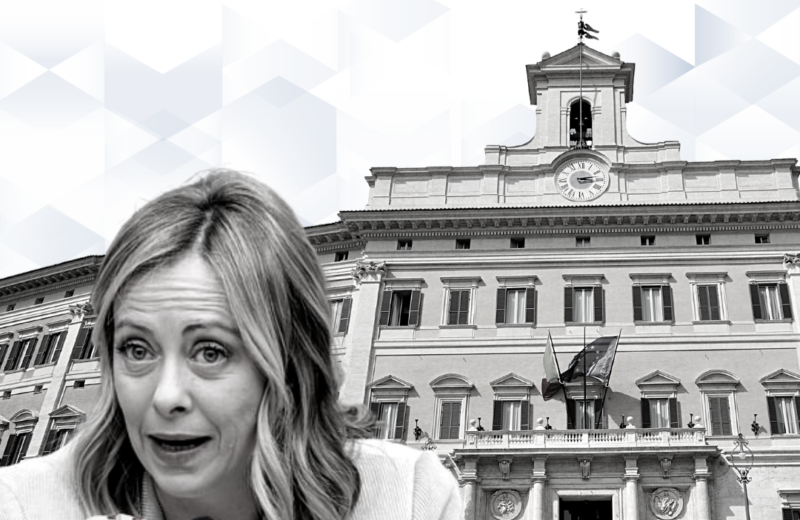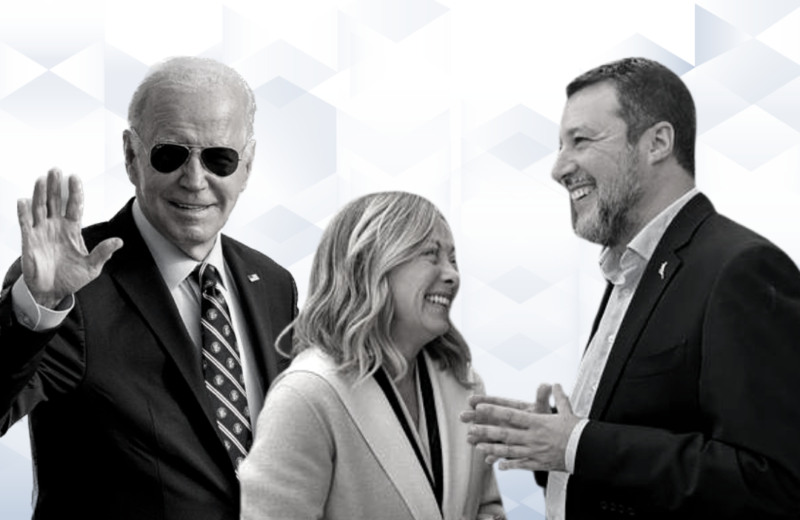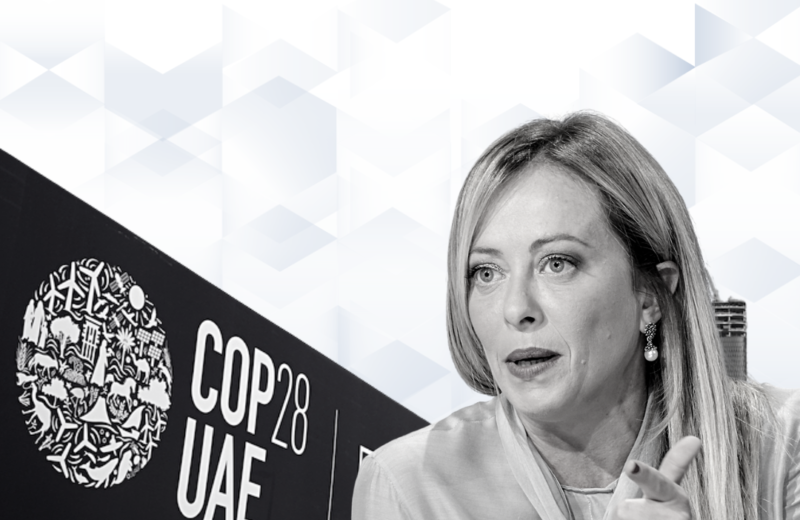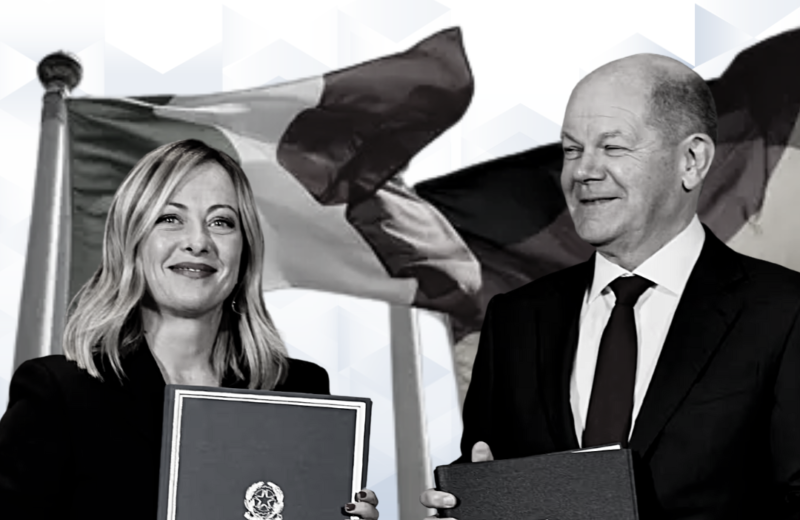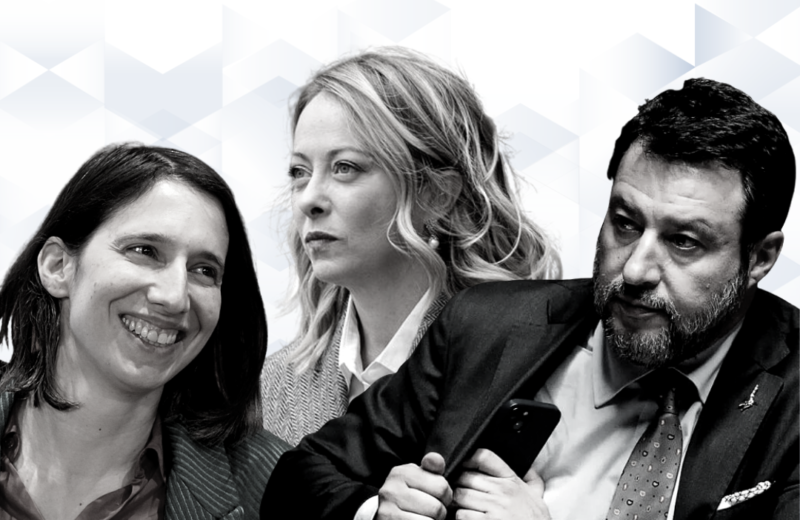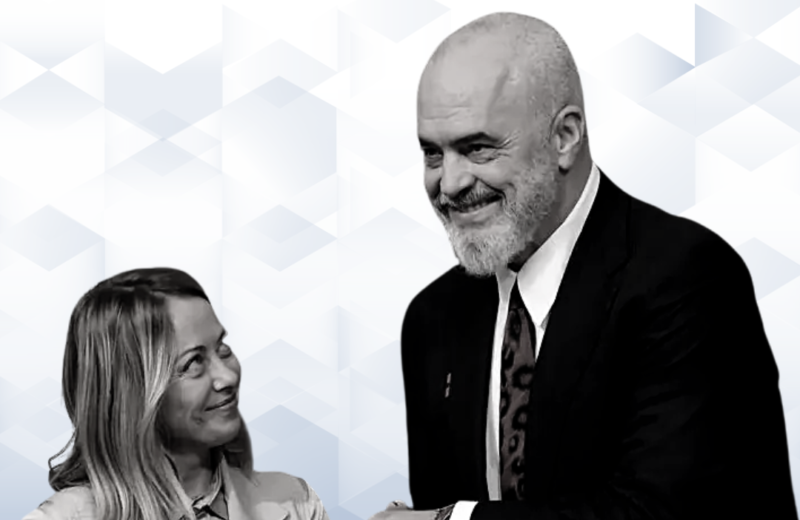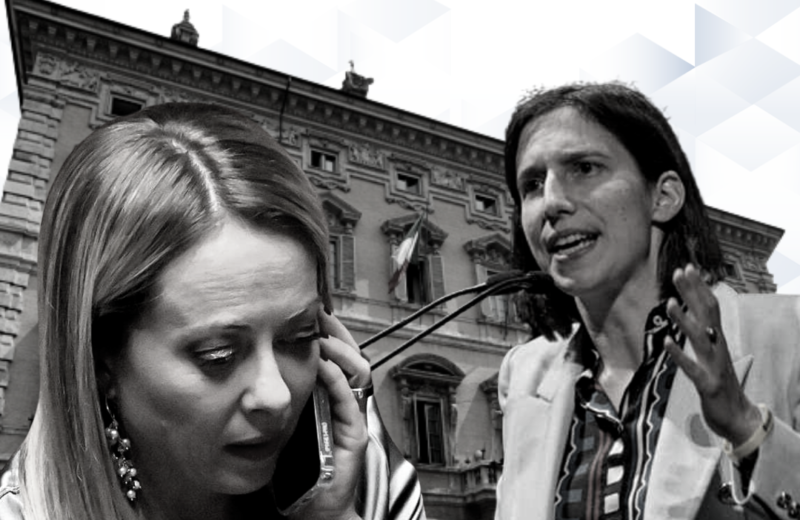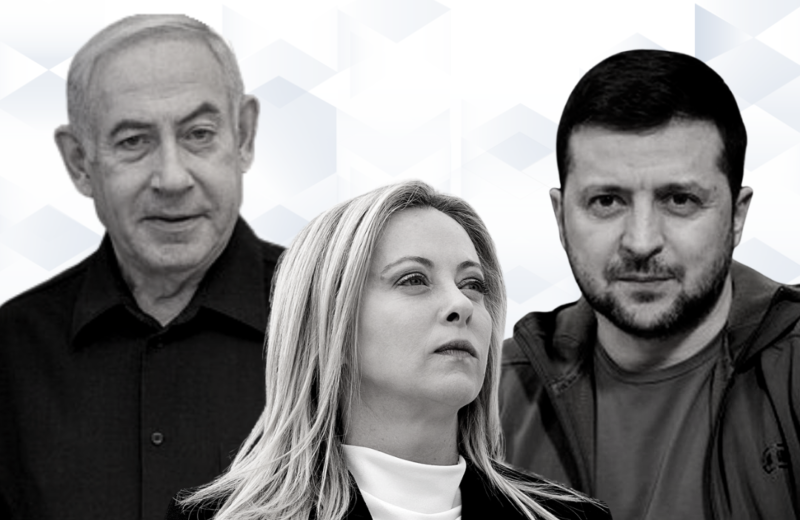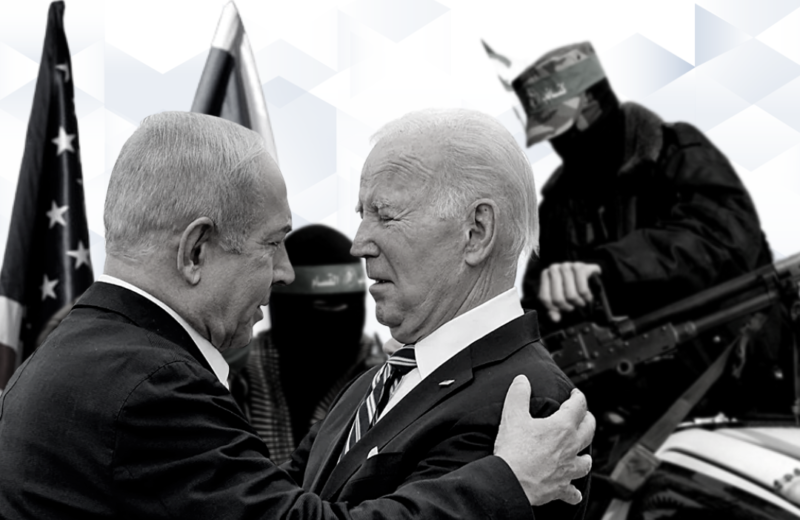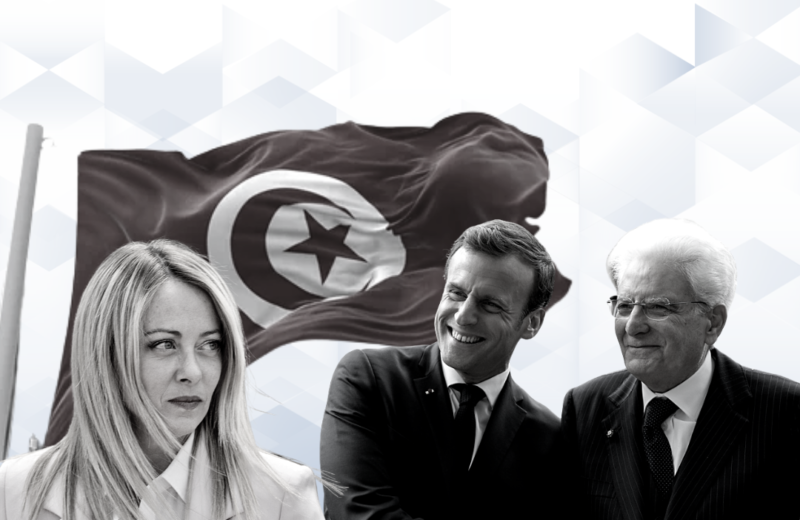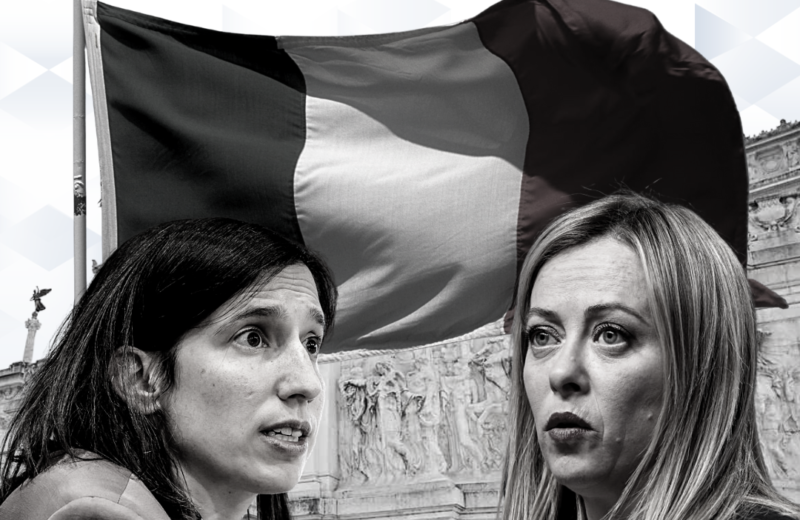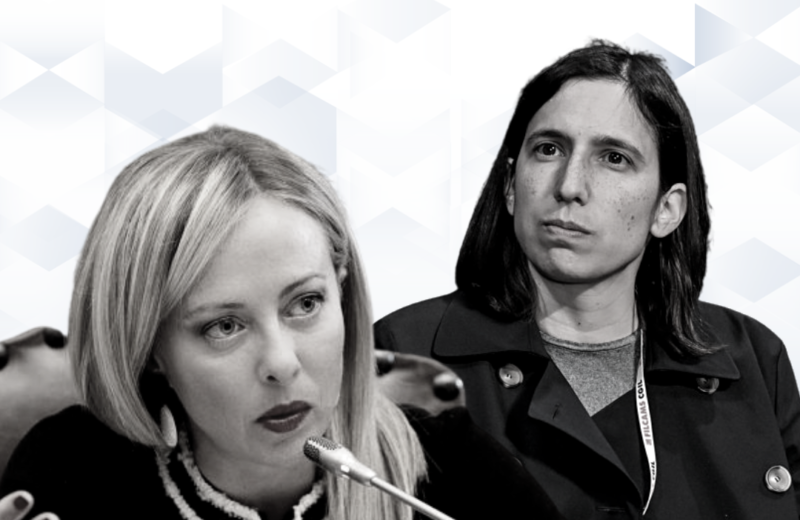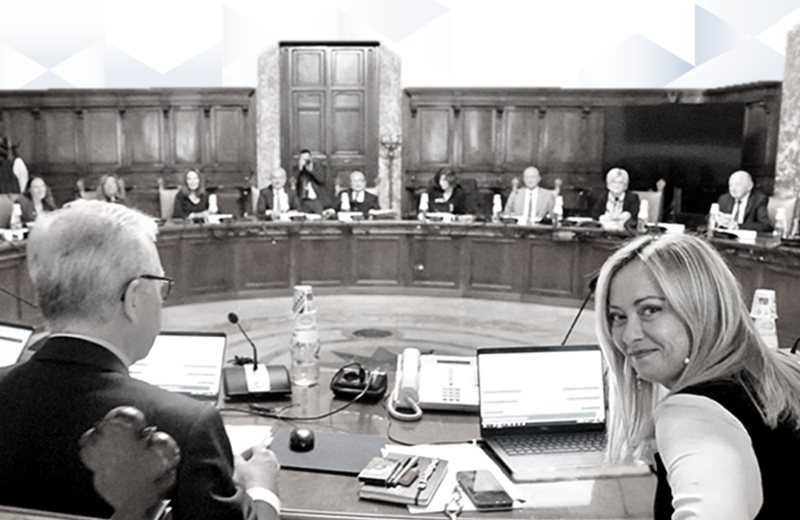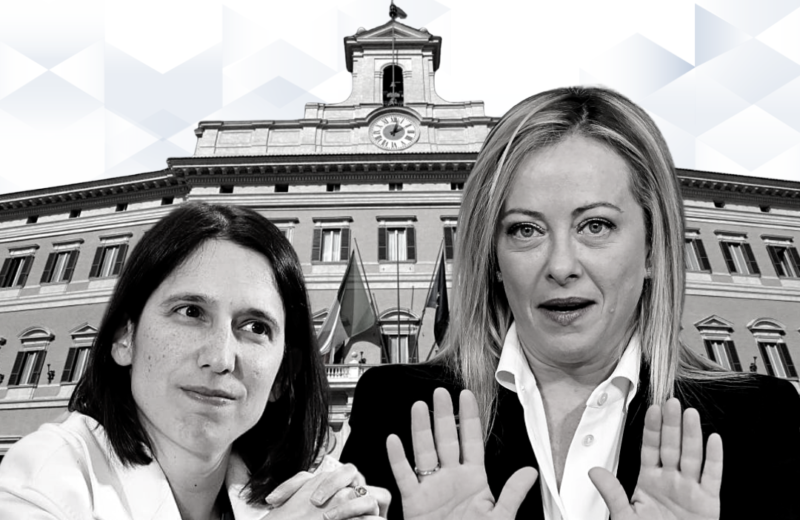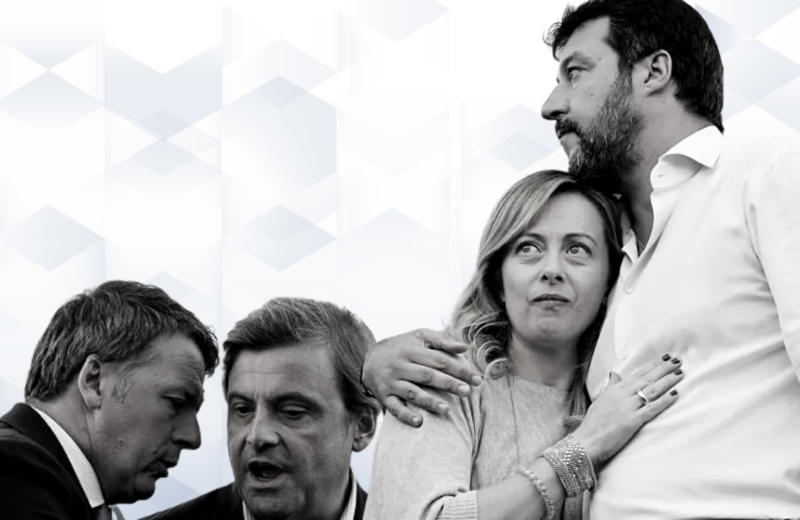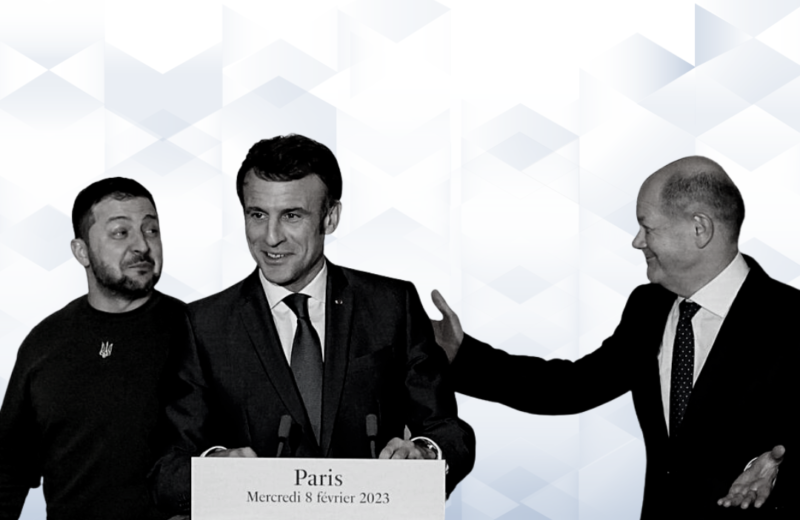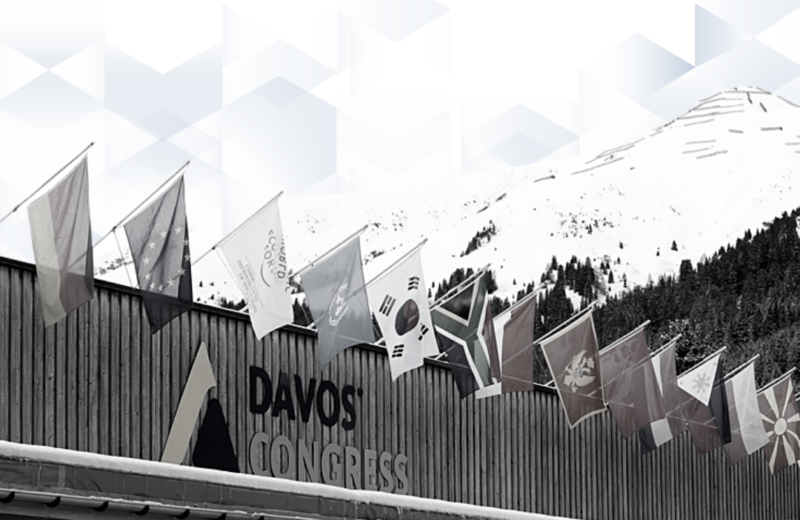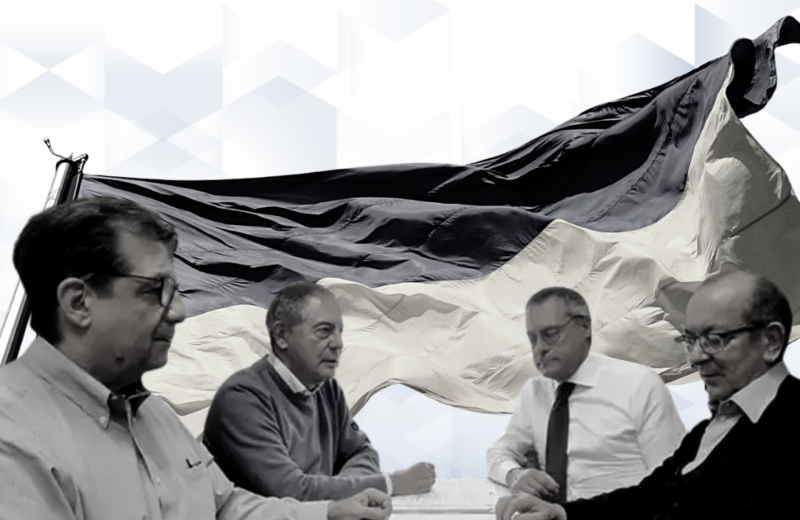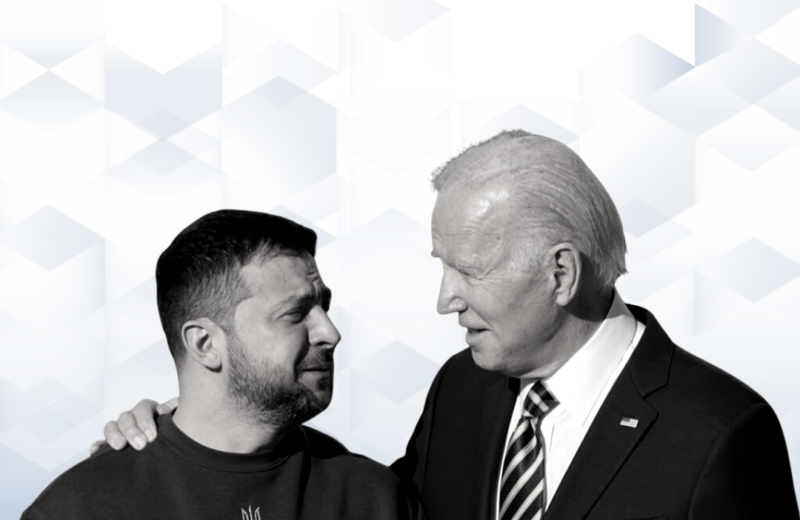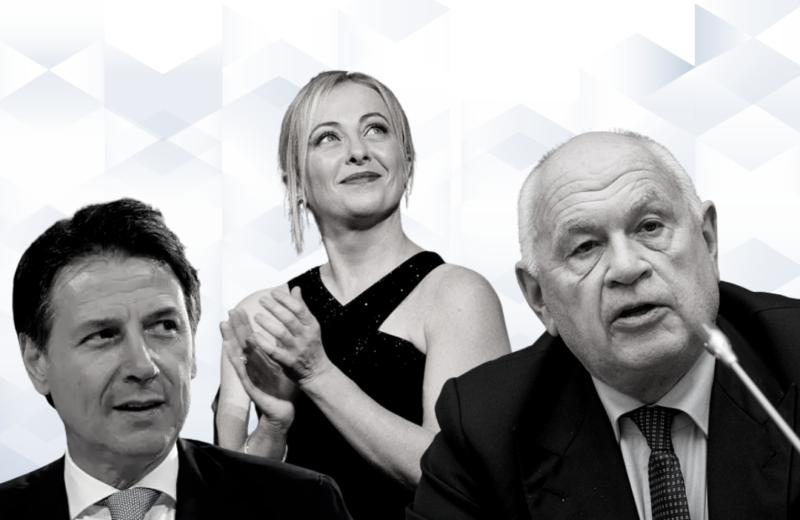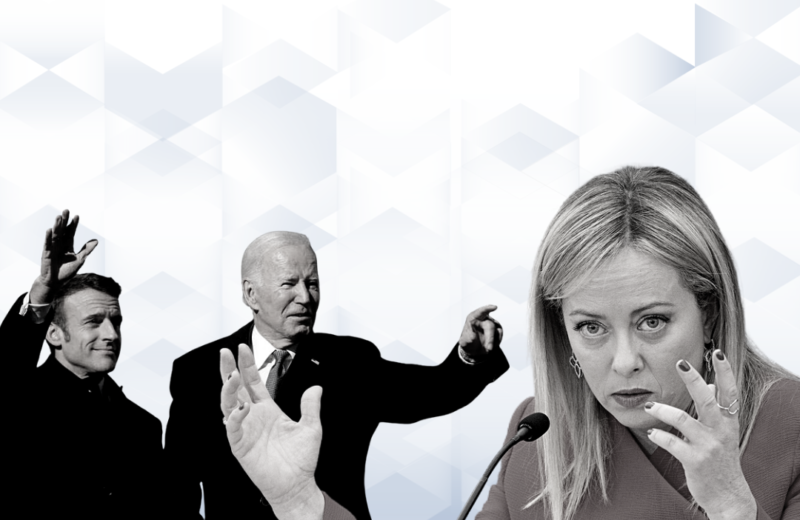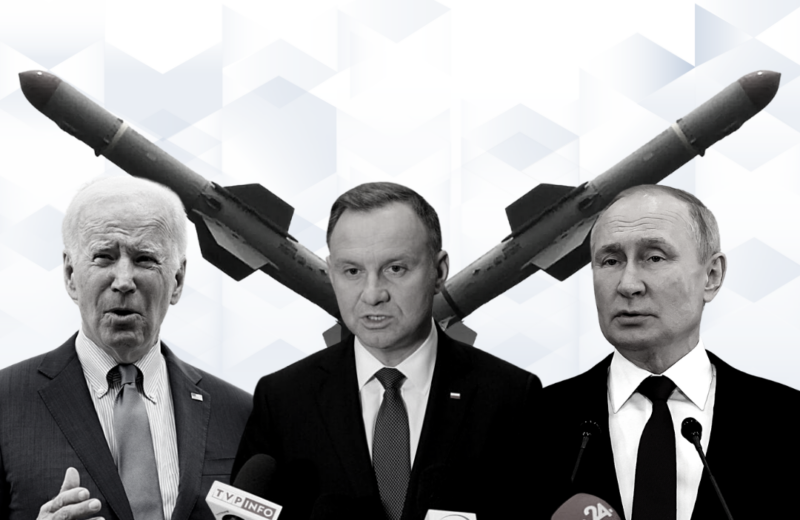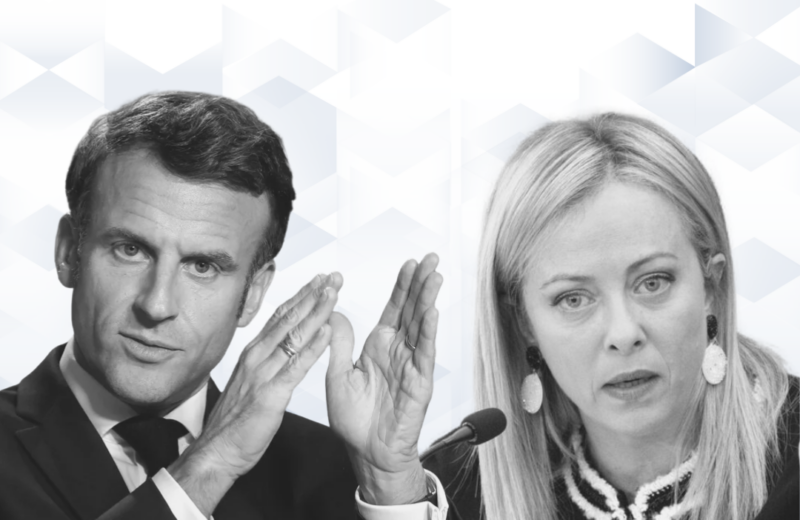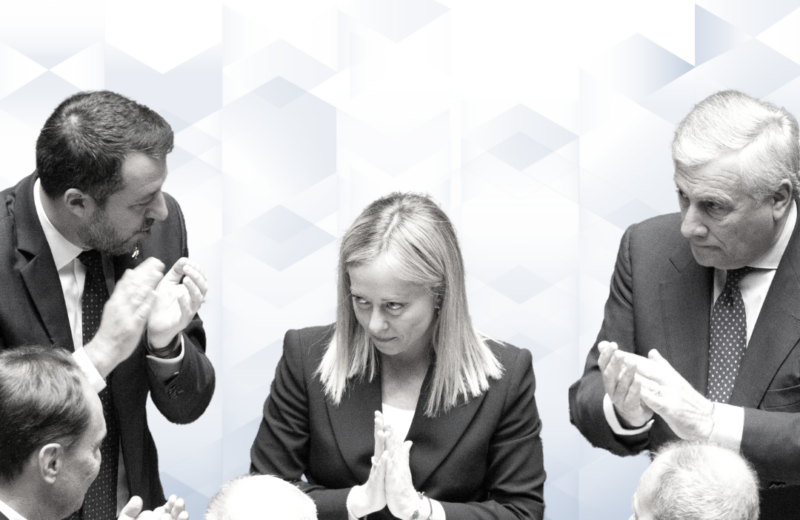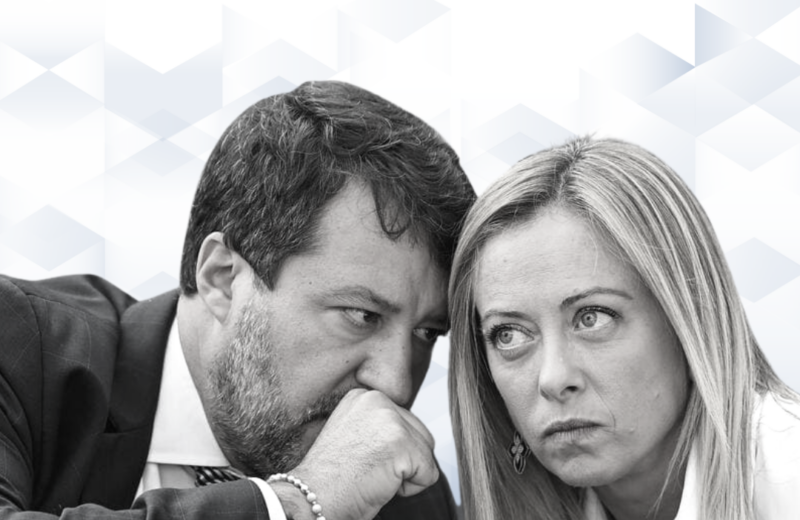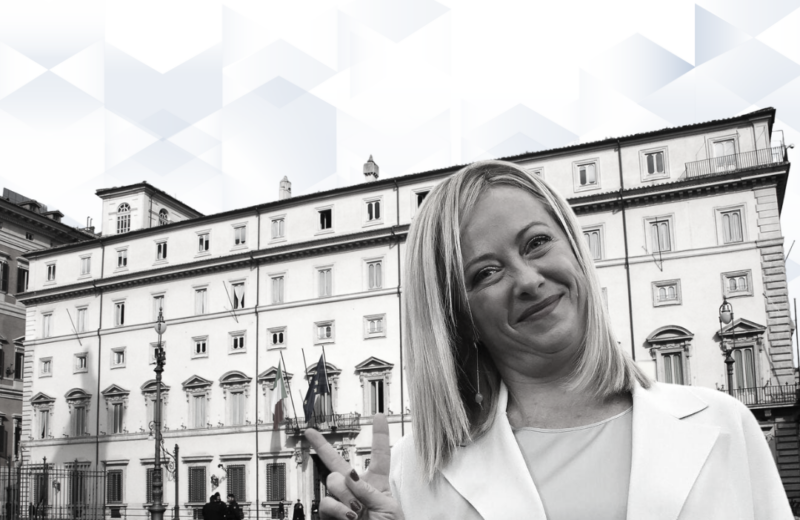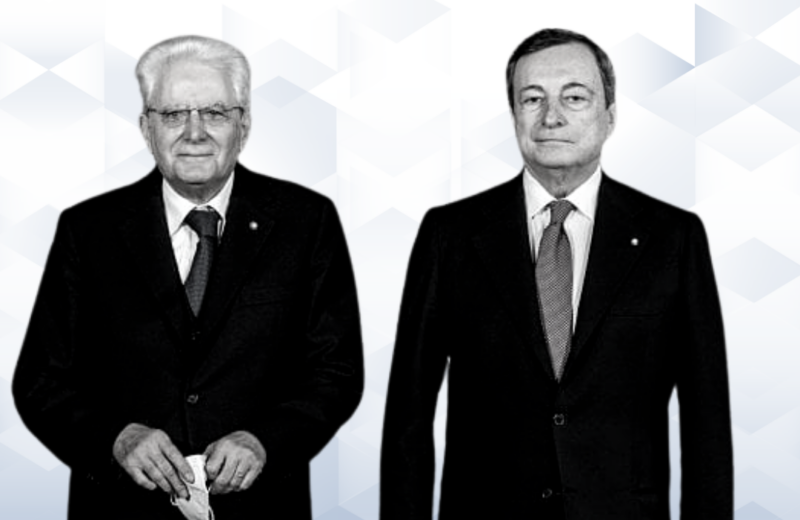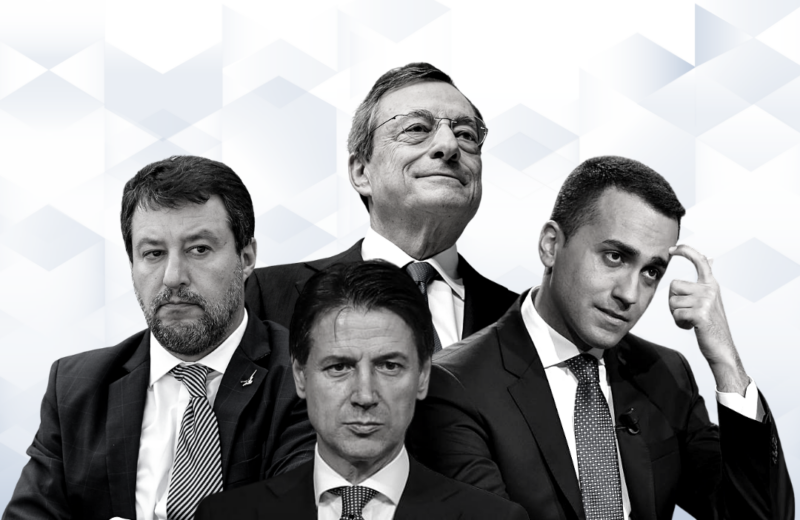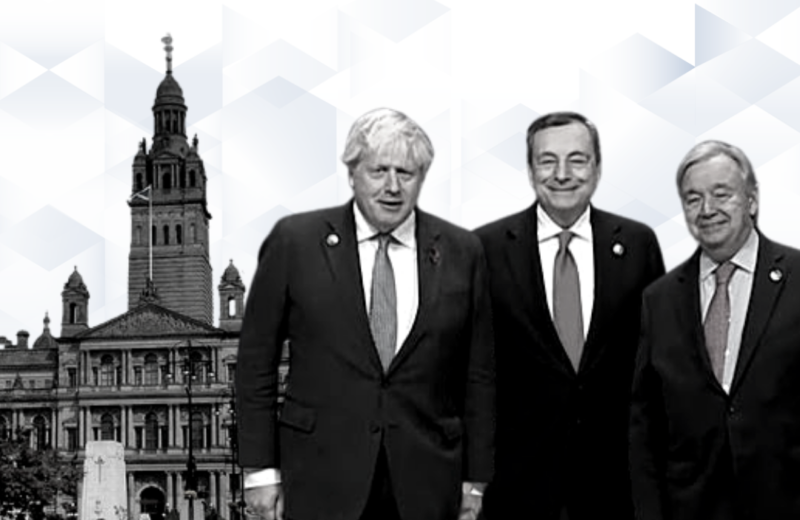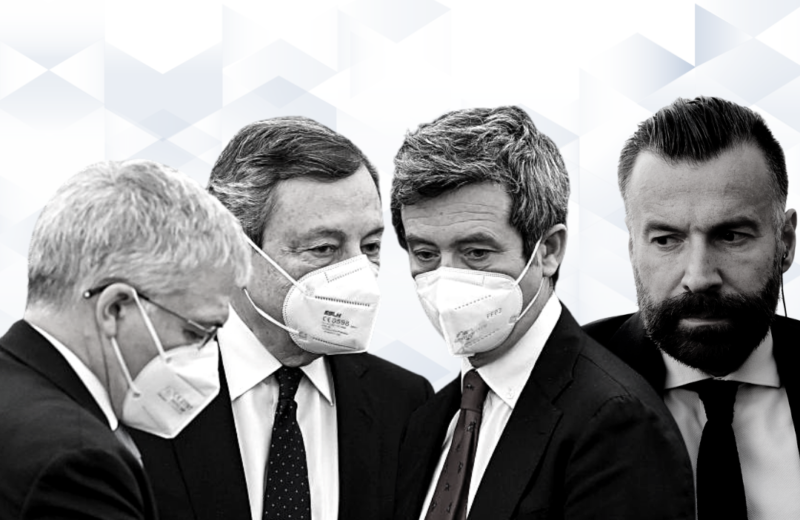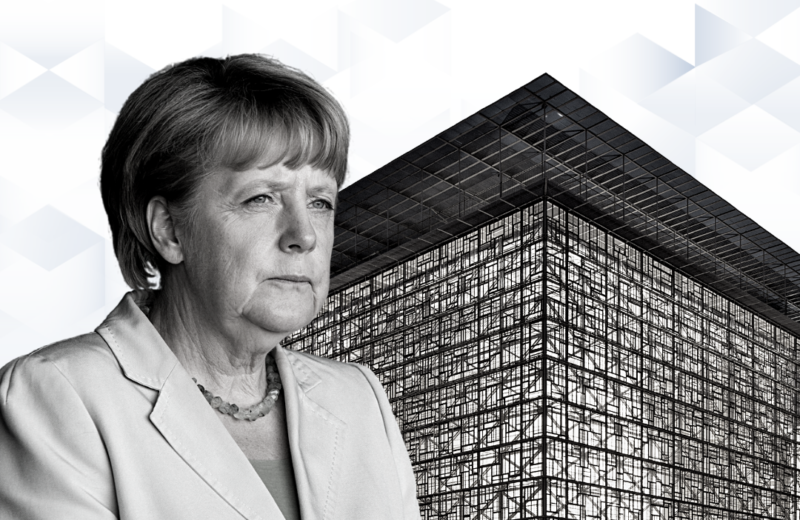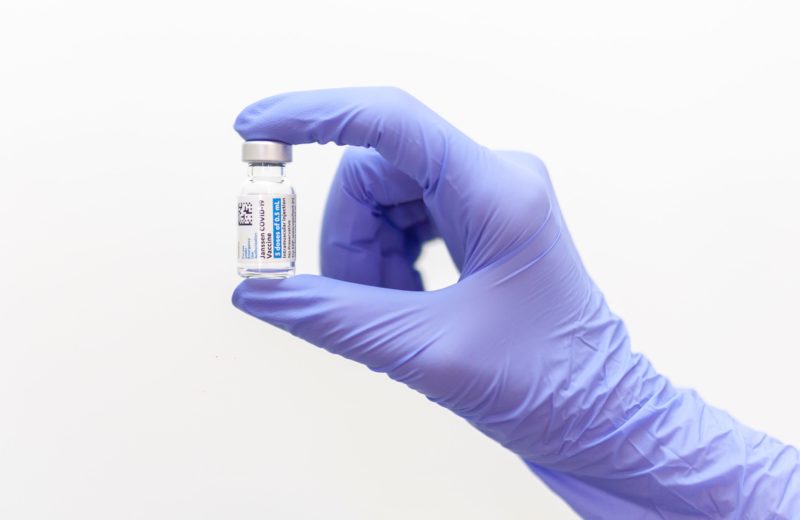Rome-Washington, the trip makes a stopover in Cagliari
Among the first to sound the alarm signal was Salvatore Deidda, shortly after the polls closed in Sardinia on Sunday night. He almost seemed to want to prepare his people for defeat when commenting on the first official data he sentenced, “We are paying for the fact that perhaps in five years we have not governed exactly brilliantly”. In fact, even he did not imagine that the counting would be marked by an interminable challenge to the last vote, in the course of which at moments there was even the impression that the center-right candidate could hold his own. But in the end Alessandra Todde won with peremptory 45.4 percent over Paolo Truzzu, who stopped at 45 percent. The vote of the cities, Cagliari first, where Truzzu had governed as mayor, was decisive. Evidently Deidda was right, but the same lucidity of self-criticism did not seem to distinguish the entire center-right. The effect of the defeat must be circumscribed, but it is a warning sign. The only “partial” satisfaction came from Salvini, who saw the direct expression of his friend-rival Giorgia Meloni’s candidate rejected. But Fratelli d’Italia has tested its primacy in terms of consensus.
The point is not so much that, but the fact that the majority has come to terms with a first rejection and has been forced into a bath of humility, induced if only by the fact that the center-left, if united, can be a problem. So no inches must be lost on the road map, and above all, slips (see the Pisa batonings, see the repeated behavioral or verbal gaffes) must be avoided. A bath of humility can also serve to learn from mistakes, as Meloni herself declared, “We will learn from defeat.” On the other side, the center-left appeared invigorated behind the victory comment made by Schlein: “This right can be beaten.” And now they are targeting Abruzzo, with a very wide field that also includes Italia Viva and Azione, as well as M5S. But the problem remains the government test, because if the field is wide, equally wide are the ideological distances between the coalition parties. Sardinia, in this sense, will prove to be a true political laboratory for the center-left ahead of far greater challenges.
On the international front, on the other hand, the premier’s engagement is all about the bilateral held in Washington DC with US President Joe Biden. The meeting is part of visits the premier is to make to the capitals of the countries of the Seven ahead of the June summit, which will be held in Puglia. Also expected this weekend is a meeting with Canadian Prime Minister Justin Trudeau. At the center of the talks between Meloni and Biden: the conflict in the Middle East and the situation in the Red Sea – where the United States leads the anti – Houthi coalition; continued support for Ukraine; attention to the Indo-Pacific and Africa, with the goal of building a win-win partnership model-the Mattei Plan recipe, in short; and the importance of migration issues. Finally, space also for Artificial Intelligence: as Meloni would like to – like Washington – globally define the ethical barriers of AI, containing the risks but harnessing its potential.
The meeting took place against the backdrop of the U.S. election campaign, which pits former President Trump and current President Biden against each other. Despite the sympathy and ideological closeness that binds the Republican candidate and the premier, the handling of some sensitive international dossiers, foremost among them the Ukrainian one, has brought Meloni and Biden closer together in this year and a half of their government. In fact, the premier came to the G7 presidency as the guarantor of our country’s Atlanticist position. This is a significant positioning in domestic politics because it testifies to the general foreign policy orientation of the Meloni government. In this sense, Meloni seems to be well aware that she must come to terms with the institutional role she holds and prioritize the nation’s goals and interests.
